5 Pieces of Equipment Your New Commercial Kitchen Needs
February 19, 2021
Setting up a commercial kitchen is a huge undertaking. Keeping track of all aspects of the project can be even more complex. If you find yourself buried in endless checklists, you’re definitely not alone. One of the most important elements to prioritize is choosing the best commercial equipment for your kitchen. The equipment you choose can make a huge difference in how well your kitchen runs, as well as in repair costs down the road.
We’ve created a handy checklist to make sure your commercial kitchen is outfitted with the essential equipment you need to get started. When you’re ready to buy commercial appliances and food service equipment, focusing on these guidelines will help you equip your commercial kitchen
with the tools you need to deliver consistent results—from your very first day to years down the road.
1. Coolers
Having the right capacity for storing food safely is the foundation of any commercial kitchen. Inventory is a valuable part of your operations, and protecting that inventory is one of the most important investments you can make. To decide what size and type of cooling units you need, make a list of the product that is most essential for you to keep on hand and then add 20% to that list. Having more space in your refrigeration unit will help keep temperatures consistent and your product well-organized. You can’t add space to a refrigeration unit once you’ve purchased it, but you can always use the extra space you have to expand and store backup inventory during high output times.
2. Freezers
There are major decisions to be made when it comes to selecting one or more freezers. Depending on your commercial kitchen’s layout and output, a combination of units may be the best way to make sure you’re prepared to store all the necessary product in an easily-accessible way. Before purchasing a freezer, take a look at your space requirements and storage needs. Taking into account the size of your commercial kitchen, you may want to combine a walk-in freezer with auxiliary upright or chest freezers. Consider using several smaller dedicated freezers for one or two high-use inventory items. This can simplify your staff’s prep routine and prevent multiple trips to the walk-in, saving your employees time and saving you money on energy costs from frequent freezer visits.
3. Commercial Dishwashers
The workflow in a commercial kitchen is a cyclical process. Pans, prep containers, knives, and tableware all flow in and out of the kitchen at a constant pace. Having commercial dishwashing unit(s) that are the correct size can cut down on the time that supplies are taken out of the rotation. Industrial kitchen equipment is built for speed and efficiency, and it provides quick sterilization to keep your kitchen aligned with local health and safety codes. The right unit will keep up with usage needs and minimize downtime and service expenses.
4. Oven Units, Ranges, and Hoods
When selecting a commercial range, carefully consider if electric or gas will provide the best setup for your team. Choose the right range based on the number of burners that will be in use, the depth and width of the unit, and the highest BTU you’ll need. Once you’ve chosen your ranges, setting up a proper ventilation system is required by law and is essential for your employees’ health and safety. A well-functioning hood will remove grease and particulate matter from the air, as well as provide fire protection for your kitchen. You’ll need a mix of Type I and Type II hoods, depending on the type of commercial equipment you have. Type I hoods will clear smoke and grease from broilers, ovens, ranges, griddles, and fryers. Type II hoods will remove odors and water vapor above dishwashers and steam tables.
It’s true; this essential component for your commercial kitchen isn’t a piece of equipment. However, when you’ve invested thousands of dollars into the right equipment, you want to prioritize its health and longevity. To prevent your kitchen equipment from becoming an 800-pound paperweight, you need to schedule ongoing equipment maintenance for your units. Addressing maintenance issues early is the key to saving you money in the long run. By developing a relationship with a trusted commercial kitchen repair company, you’ll have an expert to rely on if anything goes wrong.
Need Commercial Equipment Tips?
ATECH began as a small, owner-operated company in 1990. While our company has grown substantially since first opening its doors, our friendly staff is still committed to providing you with the personal service and detailed attention your job deserves.
To see how we can help keep your equipment up and running, call us for service or reach out for a planned maintenance quote.
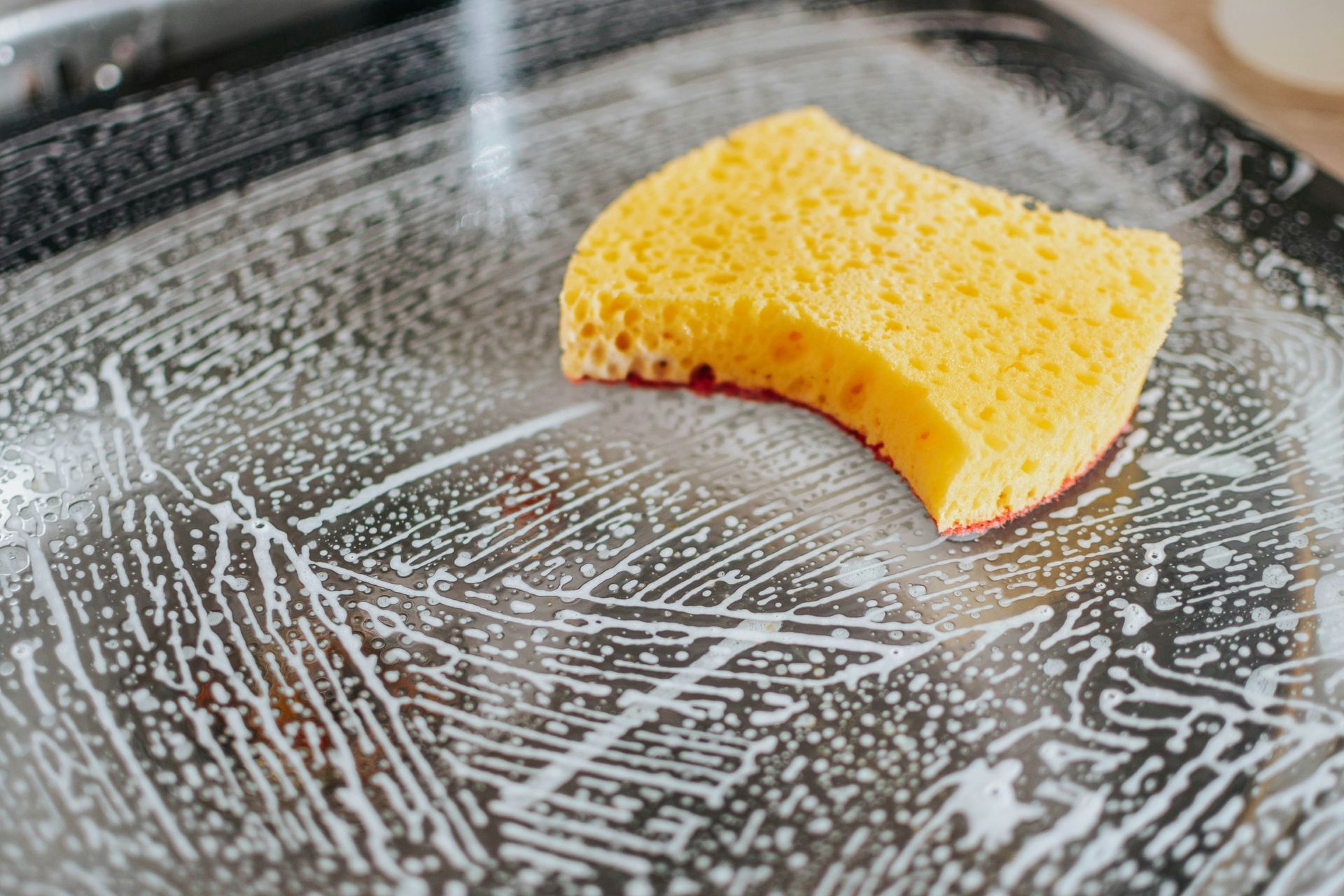
As the season changes and springtime blooms, it's the perfect opportunity to refresh and rejuvenate your restaurant space. Spring cleaning isn't just about tidying up; it's about ensuring a safe, welcoming environment for your patrons and staff. In this blog post, we'll explore some essential tips and best practices for restaurant cleanliness in the springtime. Embrace Deep Cleaning : Spring cleaning is the ideal time to tackle those deep cleaning tasks that may have been neglected during the busier seasons. From scrubbing floors and walls to deep cleaning kitchen equipment, thorough sanitation ensures a hygienic environment for food preparation and service. Focus on High-Traffic Areas : Pay special attention to high-traffic areas such as dining areas, restrooms, and entryways. These areas are prone to accumulating dirt, dust, and germs, making regular cleaning essential for maintaining a pristine appearance and preventing the spread of illness. Refresh Outdoor Spaces : If your restaurant has outdoor seating areas, spring is the perfect time to freshen them up. Clean outdoor furniture, sweep away debris, and power wash outdoor surfaces to create an inviting atmosphere for al fresco dining. Check and Replace Equipment Filters : Don't forget to inspect and replace filters in HVAC systems, refrigeration units, and ventilation hoods. Clean filters help maintain air quality and prevent the buildup of contaminants, ensuring a healthy indoor environment for both customers and staff. Engage Staff in Cleaning Initiatives : Encourage staff members to take pride in the cleanliness of the restaurant by involving them in spring cleaning initiatives. Assign specific tasks and provide training on proper cleaning procedures to ensure consistency and effectiveness. Implement Regular Maintenance Schedule : Establish a regular maintenance schedule to keep up with cleaning tasks throughout the year. By incorporating daily, weekly, and monthly cleaning routines, you can maintain a high standard of cleanliness and prevent the accumulation of dirt and grime. Invest in Quality Cleaning Products : Choose cleaning products that are effective yet environmentally friendly. Look for products that are certified as safe for use in foodservice establishments and follow manufacturer recommendations for proper application and usage. Monitor and Adjust Cleaning Protocols : Continuously monitor cleaning protocols and adjust as needed based on feedback, customer traffic, and changing regulations. Regular evaluation ensures that your cleaning practices remain effective and in compliance with industry standards. Spring cleaning is an essential aspect of restaurant maintenance that goes beyond just aesthetics. By implementing thorough cleaning routines, engaging staff members, and investing in quality cleaning products, you can create a safe, hygienic environment that enhances the dining experience for your customers and promotes a healthy work environment for your staff. As you embark on your spring cleaning journey, remember that ATECH is here to support you with a wide range of cleaning and maintenance solutions tailored to meet the unique needs of your restaurant. Happy spring cleaning!

Winter is here, and at ATECH, we understand the unique challenges businesses face in keeping their commercial equipment running smoothly during the colder months. In this comprehensive guide, we'll delve into the strategies, tips, and success stories that can help your business navigate winter effortlessly. From equipment maintenance to emergency services, consider this your go-to resource for mastering winter with ATECH. Winter Equipment Maintenance Tips Checklist for Winter-Ready Equipment: Inspect Seals and Gaskets : Ensure a tight seal to prevent cold air leakage. Check Insulation : Evaluate the insulation of walk-in coolers and freezers. Clean and Sanitize : Thoroughly clean and sanitize all equipment surfaces. Temperature Adjustment : Set optimal winter temperatures for each piece of equipment. ATech Maintenance Tips for Different Equipment: Fryers and Grills : Clean and inspect burners for efficient operation. Ice Machines : Check water lines for insulation and replace filters regularly. Heating Systems : Schedule preventive maintenance to optimize efficiency. Electronic Equipment : Keep spaces well-heated and clean to prevent malfunctions. Businesses often grapple with specific equipment failures that can disrupt operations. ATECH understands the challenges posed by heating system malfunctions, electronic equipment performance, and other issues during the colder months. To tackle these common winter-related failures, businesses should prioritize preventive measures. Regular heating system maintenance checks and air filter replacements can prevent malfunctions. For electronic equipment, maintaining ambient room temperature and conducting routine cleaning are key strategies to ensure optimal performance throughout winter. ATECH's Winter Services: A Lifeline for Your Business Winter demands a proactive approach to equipment maintenance, and ATECH stands as the lifeline for businesses navigating the challenges of the season. Our comprehensive winter services go beyond mere repair and include prompt equipment repairs, planned maintenance, and emergency services. With a commitment to same-day service for urgent winter emergencies, ATECH ensures that businesses can rely on swift resolution during critical times. What sets us apart is our team of factory-trained and CFESA-certified technicians, offering not just reliability but a dedicated partnership to keep your business running smoothly through the coldest months. Trust in ATECH, your lifeline in the winter business landscape. Winter doesn't have to be a season of uncertainty for your business. With ATECH by your side, you have a reliable partner dedicated to providing top-notch equipment repairs and maintenance services. Master winter with confidence, knowing that our comprehensive guide and expert services are here to support your business every step of the way. For personalized winter readiness assessments and expert guidance, contact ATECH today. Let's navigate winter together, and keep your business thriving.

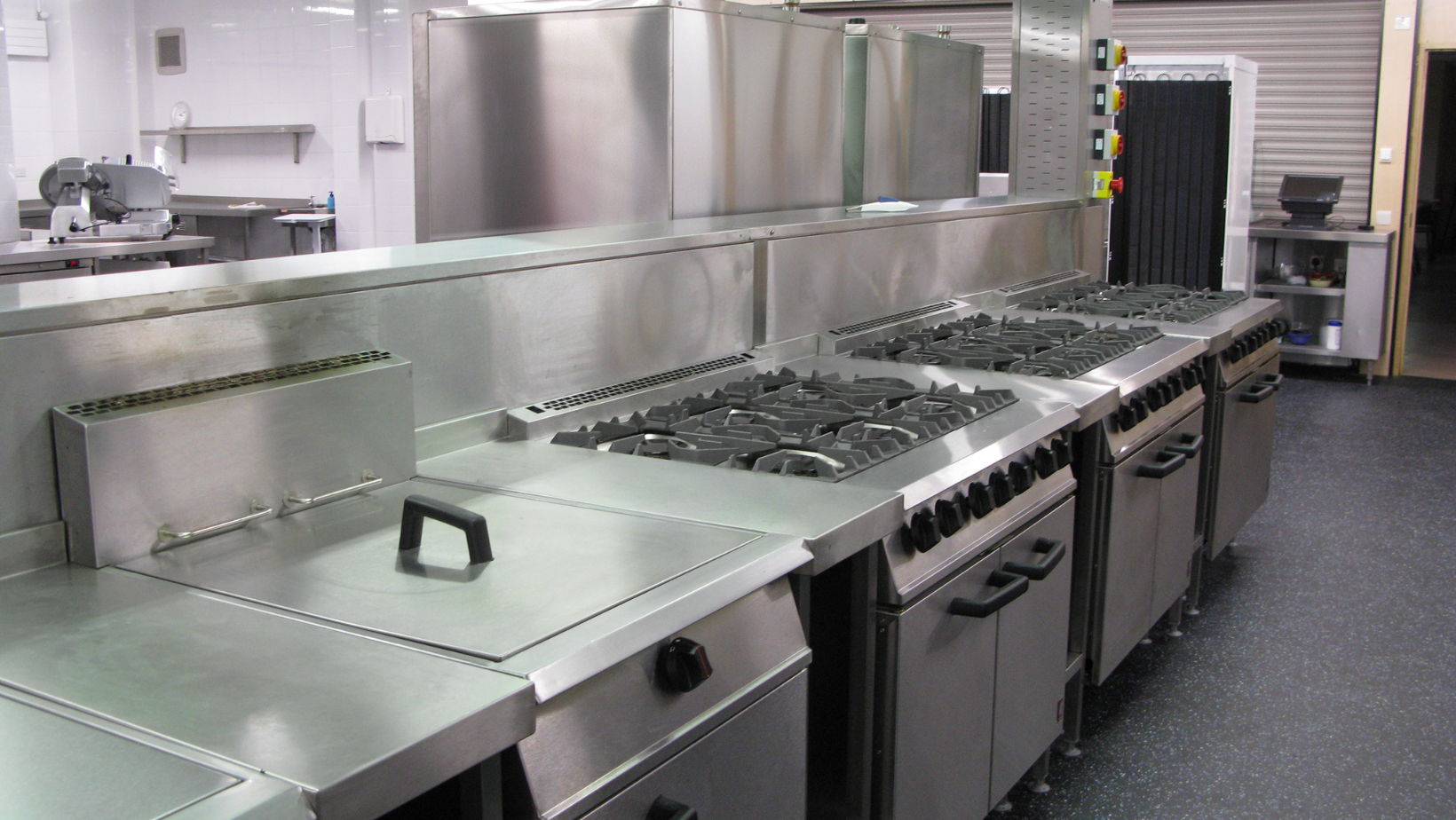
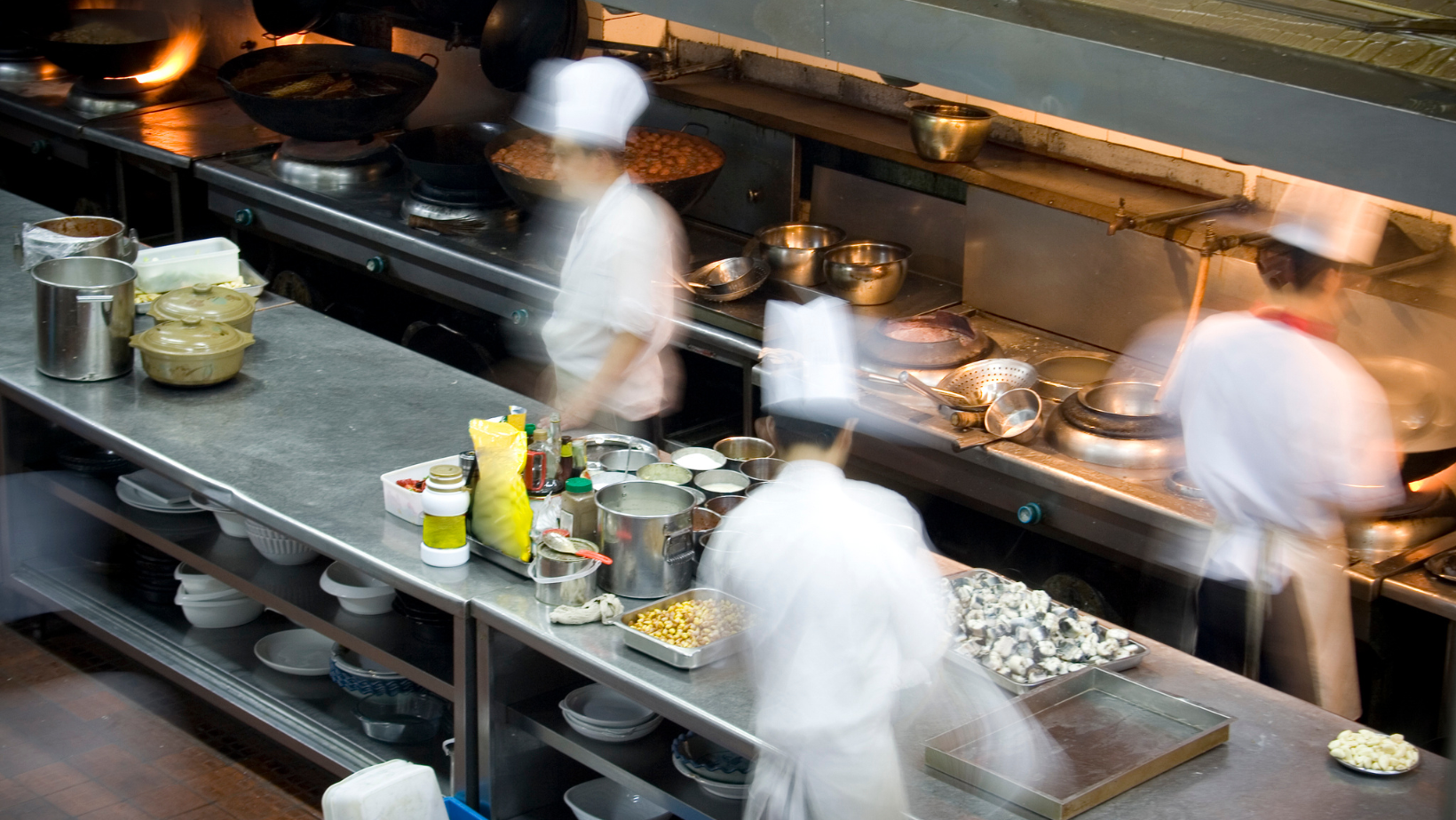

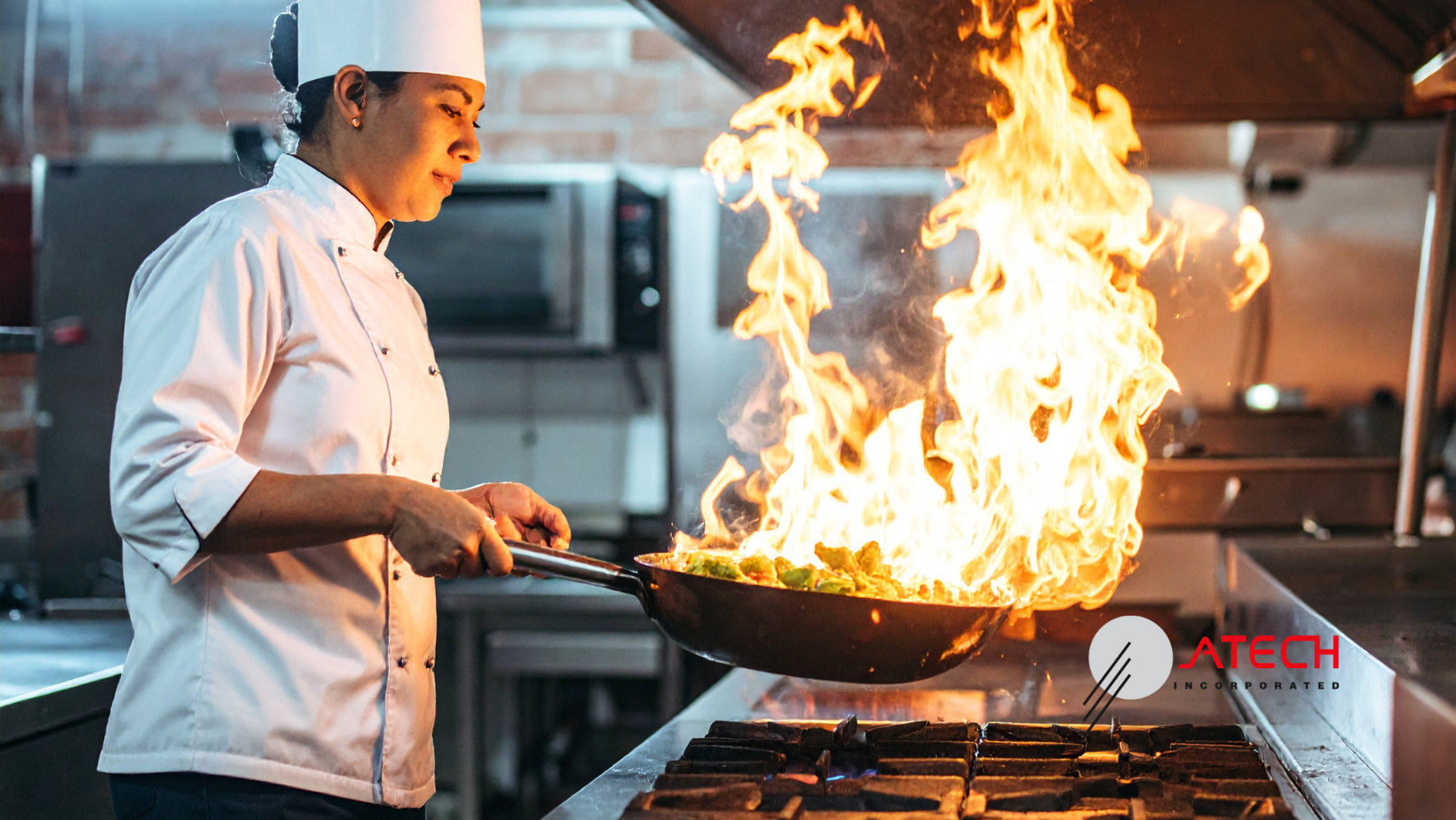


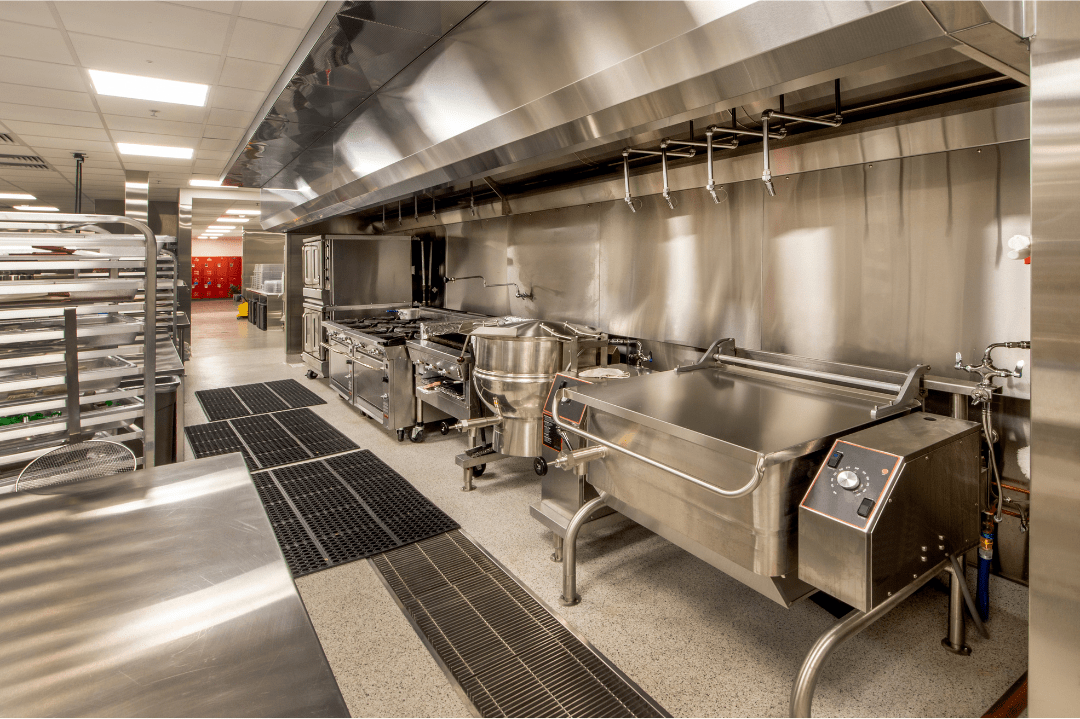
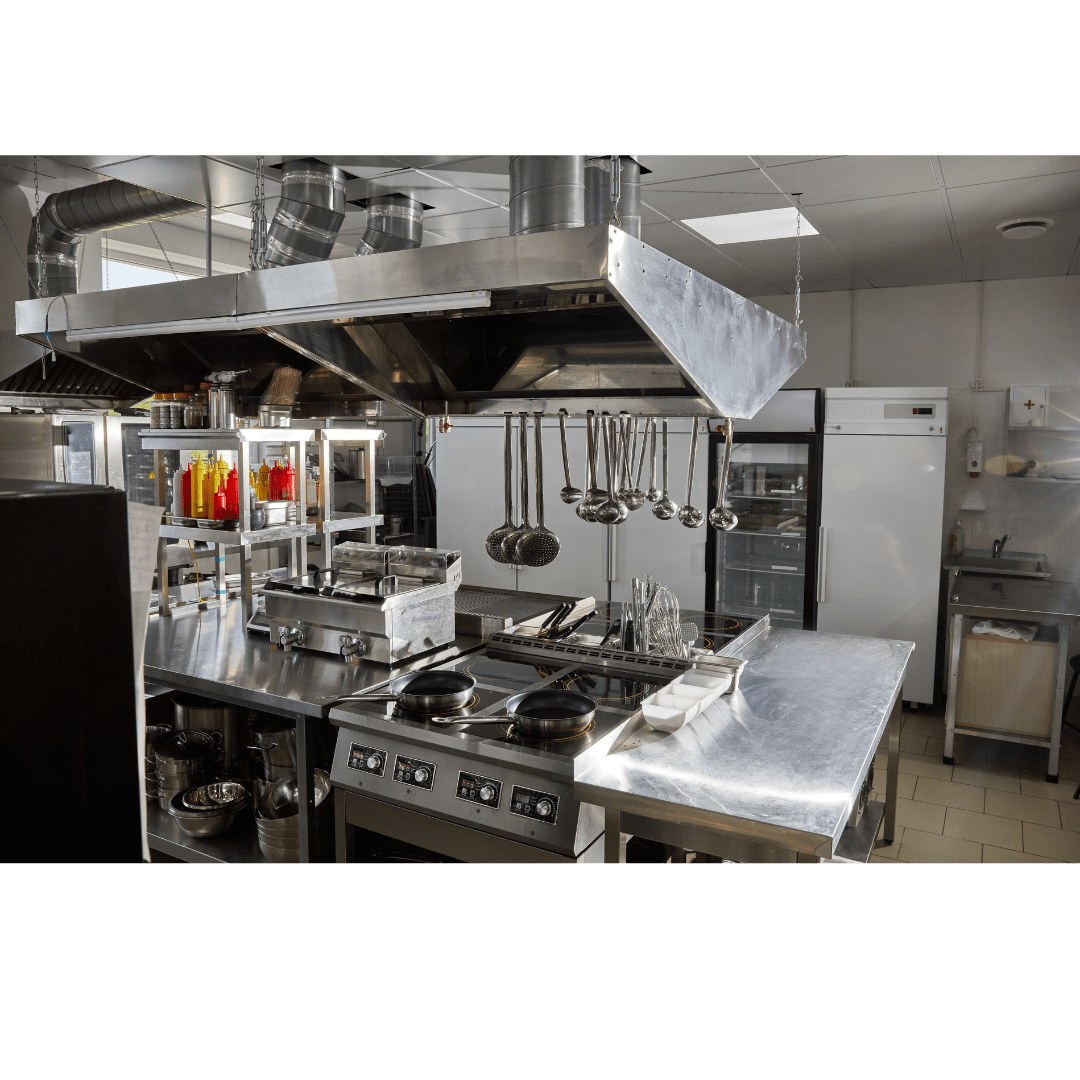
Share On: